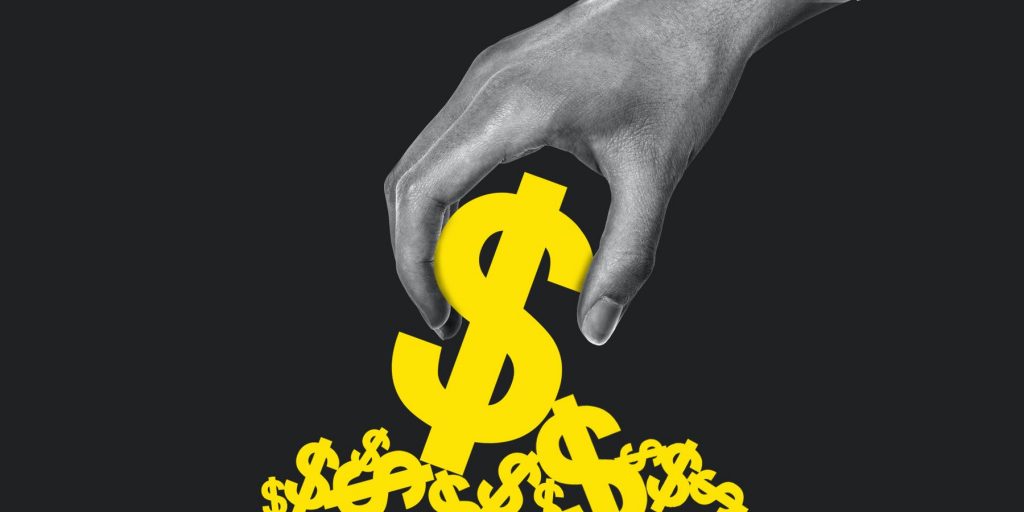
There are different types of service providers emerging with the emergence of new types of requirements. Whether it’s in the finance sector or the business sector. One of the well-known service providers is known as a debt collection agency. They are an agency or company that helps in collecting your due debts by the means of various products. These agencies constitute a group of professional individuals who help you solve all your problems like bad dues, overdue invoices, excellent payment, and good receivables.
What role does a debt collection agency play and how do they work?
These agencies attempt to recover the last due debts from individuals and businesses. Most of these agencies act as a middleman between the creditor and debtor, in other words, they collect outstanding past due amounts from the debtor and keep their collection fee and pass the remaining amount to the creditor. They offer three types of products-

- Collection letters- A collection agency will send above five letters to the debtor which informs them that the account is in collections and he needs to pay up each letter that is mailed after a gap of about ten days. This is a fixed fee-based service and costs about twenty dollars per count. The debtor pays this amount to the creditor directly and these agencies don’t charge anything extra. This service is recommended after the debt has been 60 days past due.
- Collection calls- This where the debt collector picks up the phone and calls the debtor directly. The collector will make several calls over weeks or months till the debt is paid off. The agency typically keeps 30 to 50 percent of the debt collector and passes the remaining amount to the creditor. They don’t make any money if no amount is recovered. This service is recommended after 60 or 90 days past the payment due date.
- Attorney collections- Mostly in those cases where the outstanding amount is high and other collection efforts have failed, those accounts are transferred to the service. An attorney may even try to collect this amount against the assets of the debtor. This could be debtor’s bank accounts, brokerage accounts, garnishing wages, and even against certain types of real estate that the debtor may own.
The debt collection agency usually takes a cut of around 50 percent for some kinds of cases if the collection efforts are not successful, then the agency will report it to the credit bureaus. An entry of unpaid bills on the credit history report is not a good thing and the agency helps in maintaining the same.







